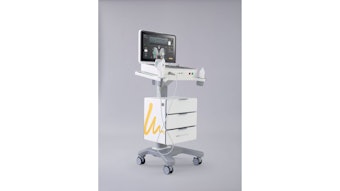
A blood test that could potentially detect melanoma was developed by researchers in Australia. In Oncotarget, the researchers published their study aiming to identify antibodies to tumor associated antigen in the hopes that they could differentiate between melanoma patients and healthy patients.
The Study
There were a total of 245 participants, with 124 having been diagnosed with early-stage melanoma and 121 being considered healthy patients. A blood test was then administered from each of the participants, and patients who were diagnosed with melanoma were given the blood test within one month of the patient's primary tumor diagnosis.
The blood was screened against a micro-array platform which contained 1,627 function proteins. The researchers conducted this screening to test the blood samples for the antibodies that are typically created by the immune system in response to melanoma. The screening was then followed by statistical analysis of the auto-antibodies and the combinations of auto-antibodies that was in the blood.
Conclusions
It was discovered that a combination of 10 auto-antibody biomarkers contained a sensitivity of 79%, specificity of 84% and an AUC of 828 for primary melanoma detection. They also discovered that most serum auto-antibodies that were used as stand-alone diagnostic assays were insufficient in showing sensitivity and specificity.
However, while this specific study noted the best combination for melanoma diagnosis was the combination of the 10 auto-antibodies, it is important to note that there are other possible combinations of biomarkers that could be valuable for melanoma detection.
With further research, Mel Ziman, lead author of the study, believes that blood tests could become globally distributed to test melanoma within five years. However, there is much more work to be done with Ziman explaining to CNN that for this study to be valued it needs to reach 90% accuracy in detection.










